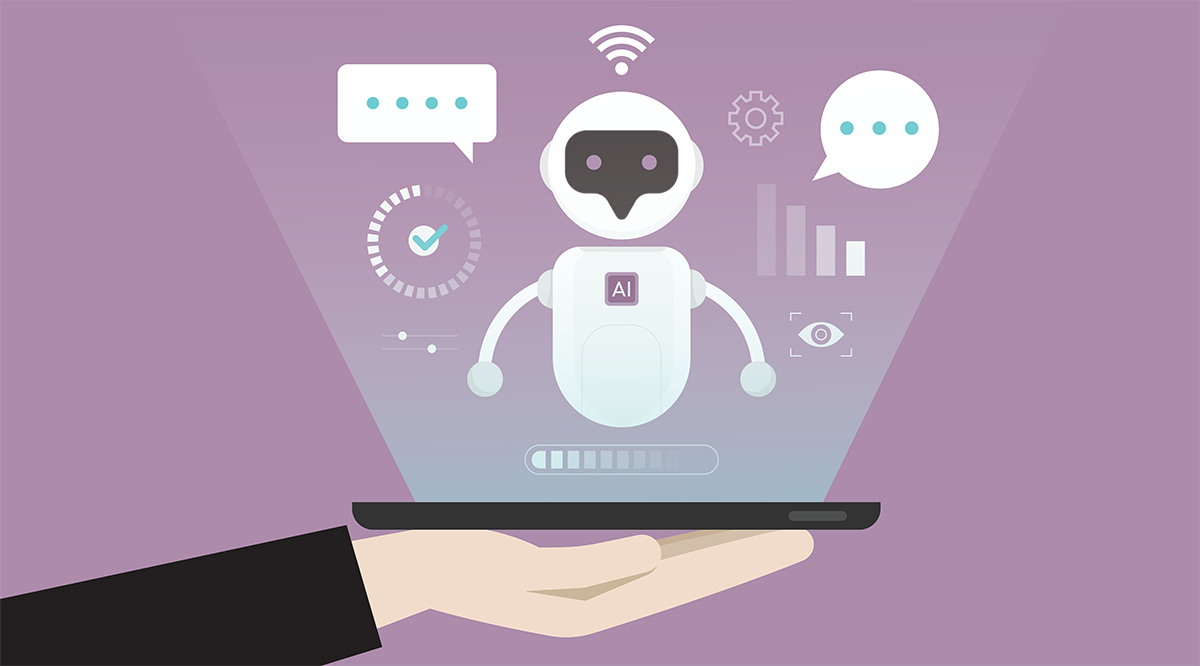Prepare to receive more friendly messages from your doctors—they might be getting assistance from artificial intelligence (AI). New AI tools are revolutionizing how doctors communicate with patients, ranging from answering messages to taking notes during exams. These tools, based on large language models like ChatGPT, have gained popularity among thousands of doctors worldwide, with one company boasting functionality in 14 languages.
Advocates of AI in healthcare argue that it saves doctors time, prevents burnout, and enhances efficiency. However, its integration raises questions about trust, transparency, privacy, and the future of human connection in healthcare settings.
Is Your Doctor Using AI?
Your doctor might be using AI-powered tools without your knowledge. While some healthcare systems encourage disclosure, others leave it up to individual practitioners. AI-generated messages are typically reviewed and approved by doctors or nurses before being sent to patients. However, some systems automatically include a disclosure that the message was generated by AI.
Potential for Mistakes
While AI tools are designed to prevent inaccuracies, they are not foolproof. Large language models can misinterpret input or fabricate inaccurate responses, posing risks to patient care. Tools like Abridge use internal guardrails and doctor oversight to minimize errors and ensure accuracy.
Balancing Human Touch with AI Assistance
AI tools can simulate empathy and friendliness but may sometimes misinterpret context, leading to unintended consequences. Doctors must strike a balance between leveraging AI assistance and maintaining the human touch in patient interactions.
Privacy Concerns
Privacy remains a paramount concern in AI-powered healthcare. While US law mandates data security measures, the risk of a healthcare data breach persists. Despite assurances from healthcare systems and AI providers, ensuring patient data privacy remains an ongoing challenge.
Conclusion
AI is transforming doctor-patient communication, offering benefits such as efficiency and improved patient care. However, it also poses challenges regarding privacy, accuracy, and maintaining the human element in healthcare. As AI continues to evolve, striking the right balance between technological advancement and patient-centric care will be essential for the future of healthcare.



